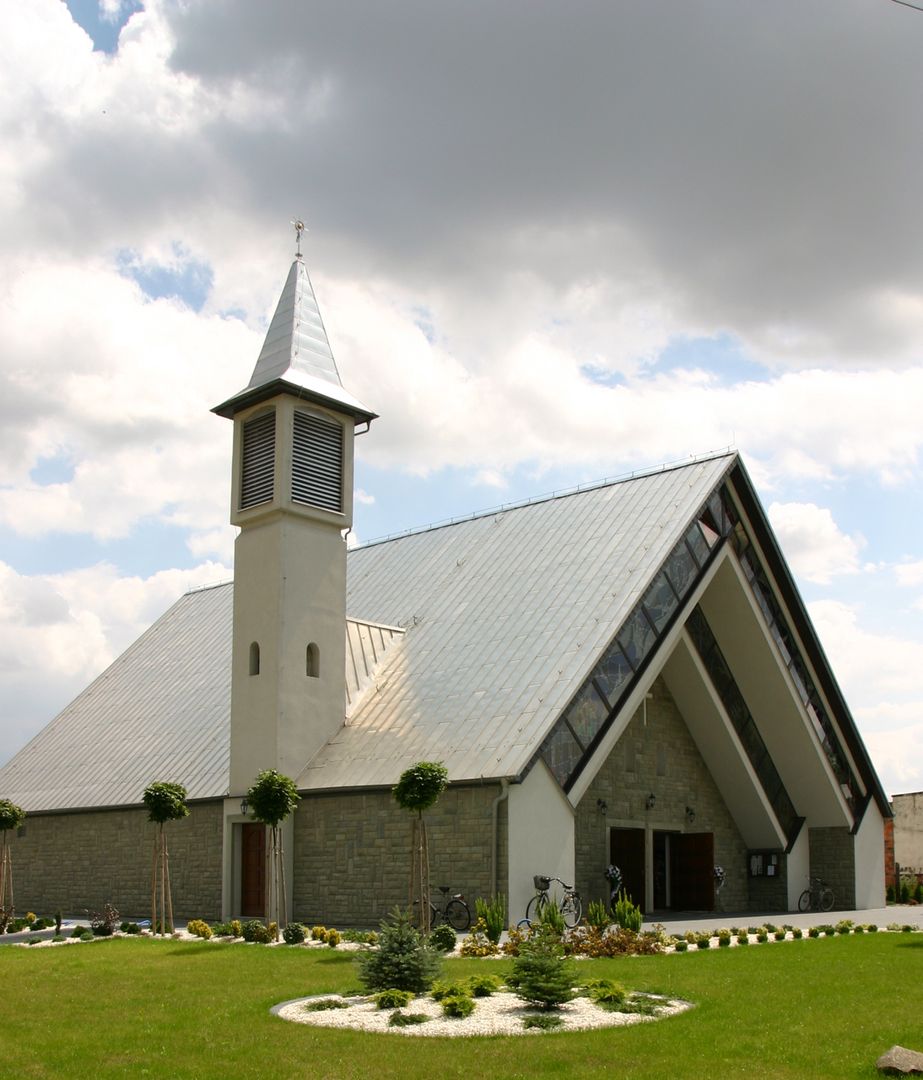Foothills
6.38

Overview
Pogórze is a village in Poland, located in the Opole Voivodeship, in Upper Silesia, within the municipality of Biała, with a rich history dating back to the 14th century. The village has its roots in medieval times, as documented in the first records from 1384. By the 17th century, it had a developed social structure, with an inn and various craftsmen. The village's architecture is represented by 19th-century houses, a belfry chapel, a forge, and other sites protected in the municipal register of monuments. The culture of Pogórze is reflected in the activities of the German Friendship Circle, and the locals speak the Prudnik dialect, which is a Silesian variety. In recent years, the village has gained touristic significance thanks to agritourism and cycling routes, and it has also hosted events such as the Tour de Pologne race. Pogórze is also a settlement area for the German minority and Silesians. The village's history is further highlighted by the fact that it changed administrative affiliations over the centuries, each leaving its mark on the local culture and architecture. The village also struggled with a cholera epidemic in the 19th century, which undoubtedly impacted the lives of its residents. After World War II, the village was temporarily named Pogórz, but its current name was established in 1946. Pogórze is home to the Catholic Church of St. Teresa Benedicta of the Cross, as well as the Chapel of St. Roch, underscoring the religious aspects of local life. The village also enjoys sports and recreational activities, with facilities such as a volunteer fire department and proximity to hiking and cycling trails, making it an attractive destination for visitors.
Location
City
Biała Deanery
Tertiary Administrative Division
White
County
Prudnik County
State
Opolskie Voivodeship
Country
2026 Wizytor | All Rights Reserved